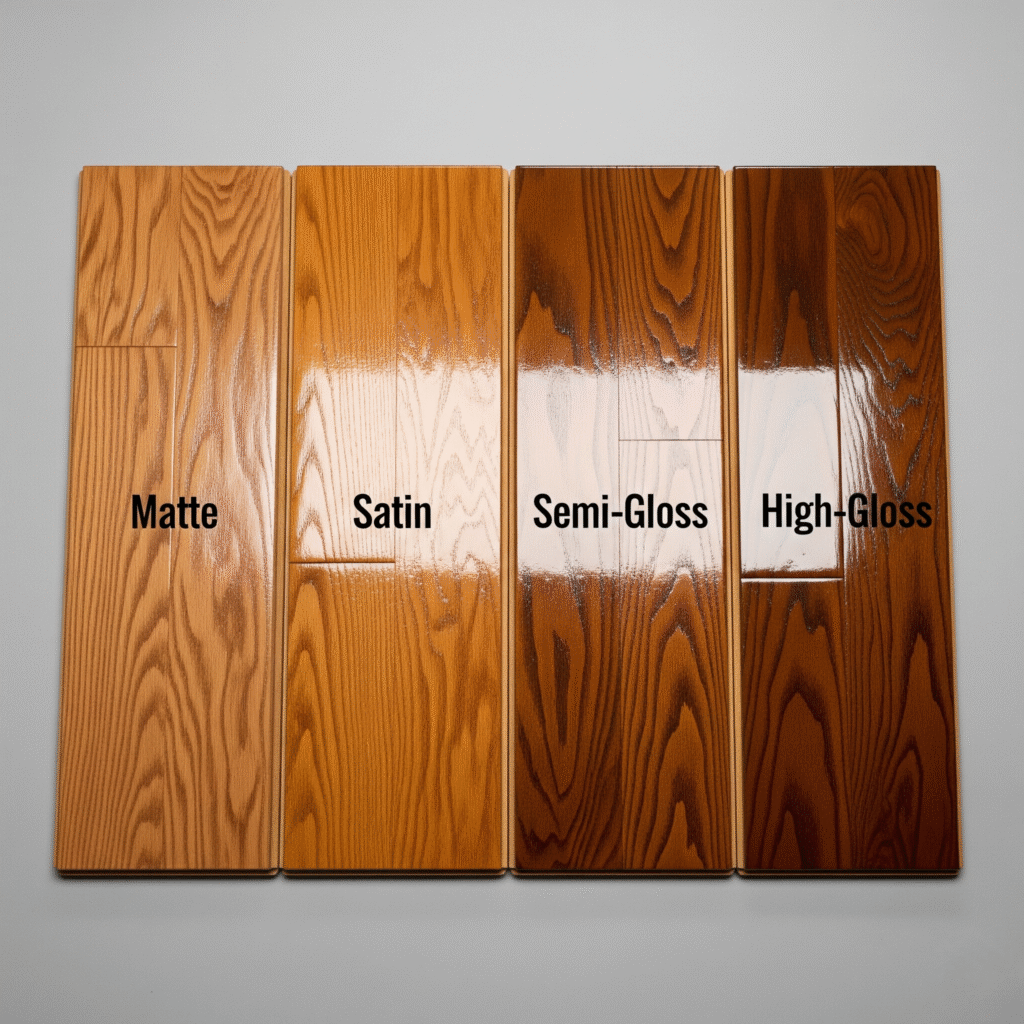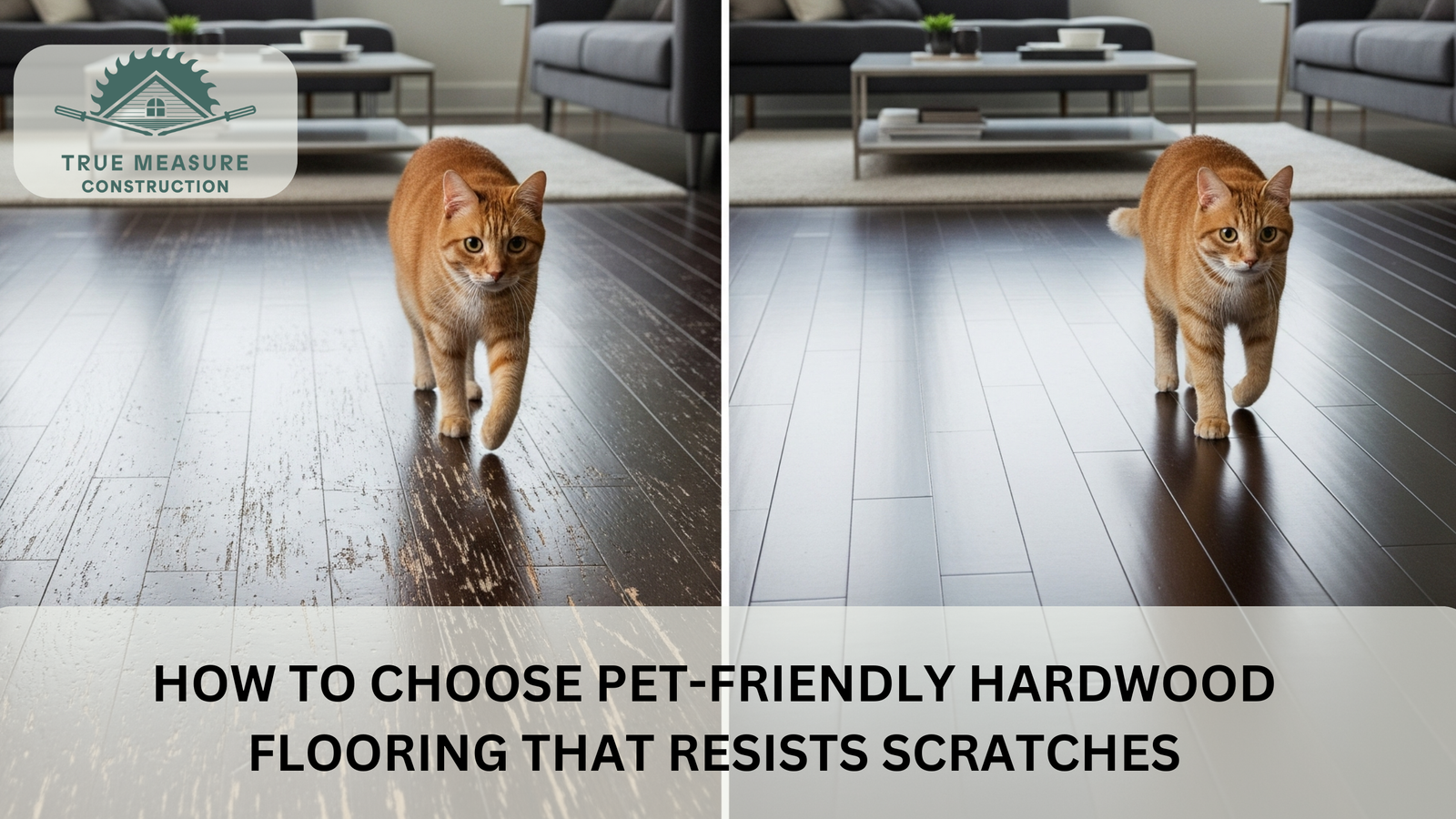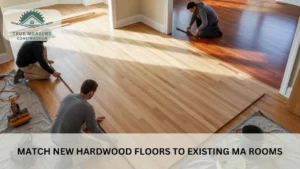Introduction
Pets bring love and joy into our homes, but they also bring wear and tear, especially when it comes to flooring. If you’re considering hardwood floors and have a dog or cat, choosing the right type of hardwood flooring is critical. The best pet-friendly options offer both beauty and durability while standing up to claw marks, spills, and daily activity.
In this guide, we’ll break down everything you need to know about Pet-Friendly Hardwood Flooring That Resists Scratches in Massachusetts and Surrounding Areas.
Why Pets and Traditional Hardwood Floors Don’t Always Mix
While hardwood floors are stylish and long-lasting, not all types are built to withstand active pets. Common issues include:
- Scratches from claws
- Water damage from accidents
- Dullness from dirt and grime
That’s why choosing wisely from the start can save you from constant repairs or costly replacements.
Best Wood Species for Pet-Friendly Flooring
Not all hardwood is created equal. Some species are naturally harder and more resistant to dents and scratches.
Top Scratch-Resistant Wood Species:
- Hickory – One of the hardest domestic woods, ideal for high traffic and pet activity.
- Maple – Dense and durable, though it may show scratches more easily due to its lighter color.
- White Oak – A strong, closed-grain wood that hides scratches well and resists moisture.
- Brazilian Cherry (Jatoba) – Extremely hard and dense, but may darken over time.
Avoid softer woods like pine, fir, or American cherry, which are more prone to scratches and dents.
Engineered vs. Solid Hardwood: Which Is Better for Pets?
Both engineered and solid hardwood have pros and cons for pet owners.
Engineered Hardwood:
- Made from multiple layers for enhanced stability
- Less likely to warp due to humidity or spills
- Usually pre-finished for added durability
- It can only be sanded down a limited number of times
Solid Hardwood:
- Made from one solid piece of wood
- Can be refinished multiple times
- More prone to expansion/contraction in humid environments
Best Option: Engineered hardwood with a scratch-resistant finish is often better for homes with pets.
Choose the Right Finish
The type of finish applied to your hardwood flooring has a huge impact on its ability to resist pet damage.
Recommended Finishes:
- Aluminum Oxide Finish: Extremely durable and scratch-resistant; commonly used on prefinished engineered hardwood.
- Polyurethane Finish (Water-Based): Dries fast, resists moisture, and maintains the natural wood color.
- Oil-Based Polyurethane: More durable than water-based, but yellows over time.
Avoid unfinished or soft wax finishes; they offer little protection from scratches and stains.

Textured vs. Smooth Hardwood: Which Hides Scratches Better?
Opting for a textured or distressed finish can help camouflage scratches and scuffs from pet nails.
Best Textures for Pet Owners:
- Wire-Brushed – Adds character while hiding imperfections.
- Hand-Scraped – Has a rustic, lived-in look that naturally masks minor damage.
- Distressed – Gives the floor a weathered appearance that ages gracefully with wear.
Smooth, high-gloss finishes look beautiful but show every scratch and imperfection.
Color and Grain Pattern Matter
The color and grain pattern of your flooring also play a role in the visibility of pet damage.
- Mid-tone colors (like gray or brown) are ideal; they hide fur, dirt, and scratches.
- High-variation grain (like oak or hickory) masks minor damage better than uniform-grain woods.
Avoid dark colors that show dust and fur or very light colors that easily stain.
Maintenance Tips for Pet-Friendly Hardwood Floors
No matter how durable your flooring is, regular maintenance is key to longevity.
Tips:
- Keep pet nails trimmed to reduce scratching.
- Use rugs or runners in high-traffic areas.
- Wipe up accidents immediately to avoid stains.
- Sweep or vacuum frequently to remove dirt and fur.
- Use hardwood-safe floor cleaners regularly.
Bonus Tip: Use Area Rugs & Mats Strategically
Even the toughest floors need extra protection in entryways, under food bowls, and pet resting areas.
- Use non-slip rugs with moisture-resistant backing.
- Place mats under food/water bowls.
- Invest in pet-friendly doormats to trap debris.
Final Thoughts
Choosing the right hardwood flooring when you have pets doesn’t mean compromising on style or durability. By selecting the right wood species, finish, texture, and maintenance routine, you can enjoy beautiful floors that hold up against paws, claws, and everything in between.
Call-to-Action:
Whether you have a playful pup or a curious cat, your hardwood floors can remain pristine for years with a little planning and the right material. Contact us today!





